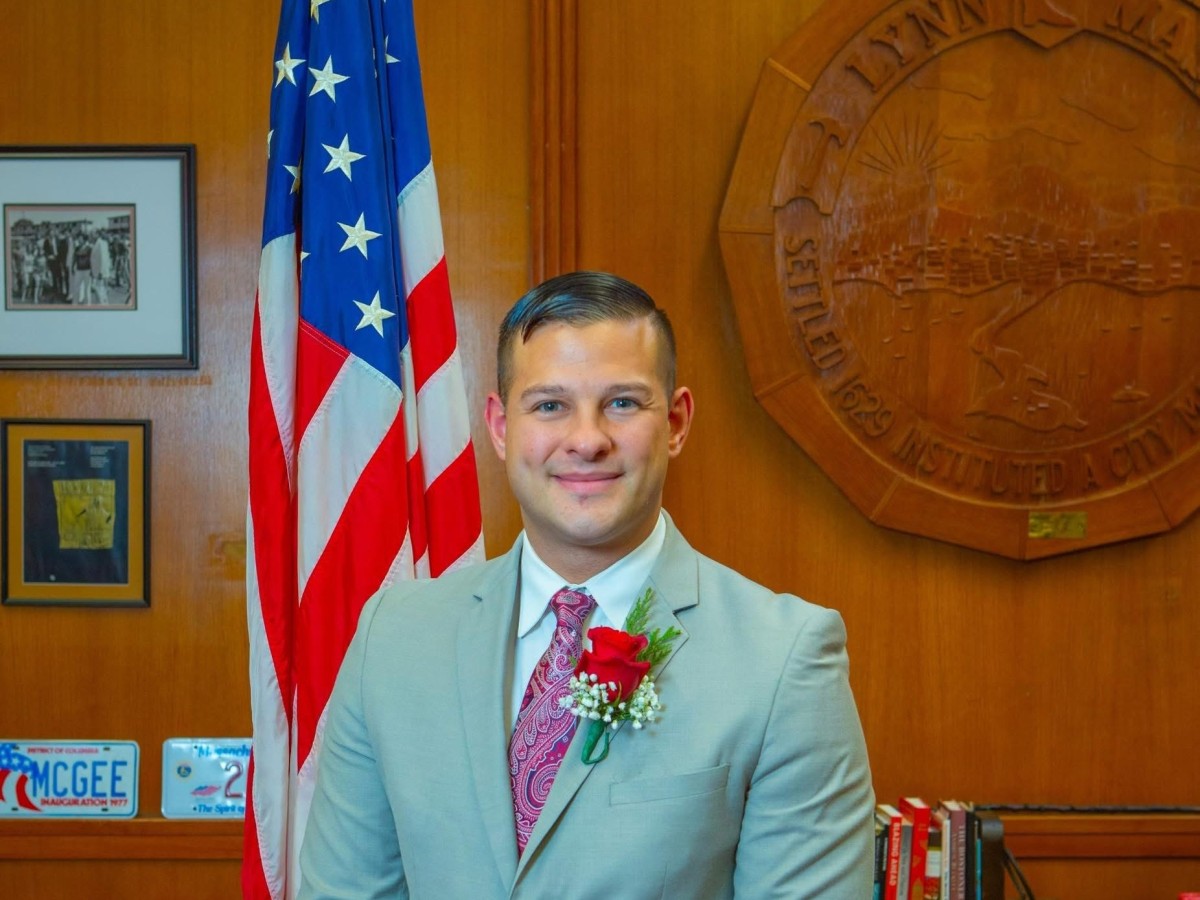
Learning Outcomes
-
Explain criminal behavior, criminal-legal systems, constructions of deviance and conformity, and mechanisms of social control. [Comprehension]
-
Apply criminological schools of thought to interpretations of the social world. [Application]
-
Design and conduct an empirical criminological research project using quantitative and/or qualitative methods. [Synthesis]
-
Assess causes and consequences of social inequality and power as they relate to crime, criminal behavior, and the criminal-legal system. [Evaluation]
Program Requirements
If you love watching shows like CSI or listening to true crime podcasts, then Framingham State’s interdisciplinary Criminology Program might be a great choice for you.
Career Opportunities
A wide range of fulfilling careers awaits Criminology Majors including:

Harm reduction specialist
Works to minimize the negative health, social, and legal impacts associated with risky & criminalized behaviors, such as drug use, by providing non-punitive support, resources, and education to promote safer practices.
Victim Services Advocate
Provides support, information, and resources to individuals who have experienced crime or trauma, helping them navigate a range of social, health, and legal services.
Re-entry Navigator
Assists individuals transitioning from incarceration back into the community by providing guidance, resources, and support to help them access housing, employment, education, and social services.
Juvenile Diversion Specialist
Helps guide young people stay away from the justice system by providing support, education, and resources to encourage healthier behavior and prevent future harm caused by punitive systems.
Court Clerk
Manages administrative tasks for the court, including maintaining records, processing legal documents, scheduling hearings, and assisting judges, attorneys, and the public with case-related information.
Law Enforcement
Local, state, and federal law enforcement agencies are tasked with managing public safety, enforcing laws, and investigating crimes.

Alumni Spotlight: Brian Castellanos
Castellanos is a social worker dedicated to protecting some of the Commonwealth’s most vulnerable children, as well as a four-term member of the Lynn School Committee. "Framingham State gave me a shot," he says. "It immediately felt like home."
Meet Your Faculty

Vincent Ferraro, Ph.D.

Xavier Guadalupe-Diaz, Ph.D.

Elizabeth Whalley, Ph.D.



